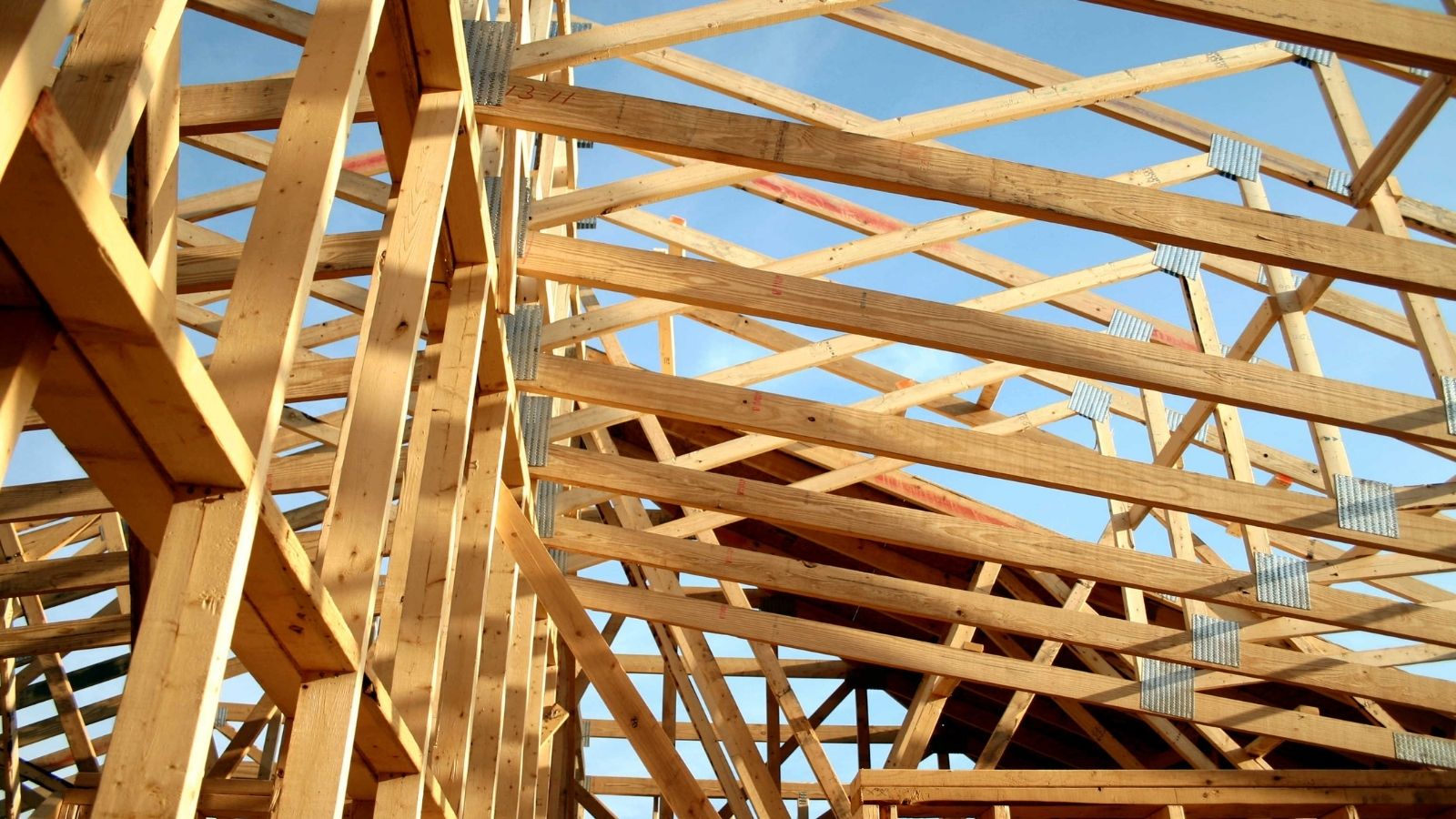Hoping to build your own home? A self-build mortgage could be perfect for your project! Self builds mortgages provide a path to financing a home build project that a traditional mortgage just couldn't accommodate.
Self-build mortgages are on the rise, this year a recent study by The Saffron Building Society reported a 144% increase in its self-build completions compared to the same period in 2019.
Lots of people just like me and you are dreaming of building their own home but aren't sure how to finance it. Could a self-build mortgage be right for you? Let's dive in.
What is a Self Build Mortgage?
'A self-build mortgage is a mortgage that is taken out against a property that you are building yourself.'
Because there isn't a property (yet), there is no security for the bank to lend against. This means when receiving your mortgage loan, self-build mortgages have to be different from a standard mortgage.
Rather than receiving a large lump loan sum as you would be for a standard mortgage, you will receive the money over a period of different stages as the build is completed.
This reduces the risk for the lender because they can check that the build is progressing as planned and you’re spending the money correctly.
What types of self-build mortgages are available?
There are two types of self-build mortgages:
- Arrears: This is the more common type. Payments are handed out after each stage of the build is completed. This type of mortgage is better for people who have a lot savings on hand to help pay for the project
- Advance: Payments are released at the beginning of each stage, making money available when the bills for labour and materials are due.. This type of mortgage helps with cashflow and is better for people who have less money on hand to fund their project
Note: Interest rates on self-build mortgages are normally higher than on standard mortgages.
What are the advantages of self-build mortgages?
- Self-builders often find that the value of the finished property is significantly higher than the cost of the land, the materials and the labour put together
- You could avoid stamp duty – as you’re buying land with nothing there. Stamp duty applies to properties over £125,000 in value so you may end up not paying for it
- Chance to build your dream home – or at least have things you know you want
How do Self Build Mortgages work?
For a self build mortgage application you will need to provide plans and a breakdown of your build costs, including your plot cost. There will be more paperwork for a self-build mortgage compared to a traditional mortgage.
Supporting documentation that your lender may request includes the following:
- Planning permission
- The construction drawings and specifications
- Your Building Regulations approval
- Proof of site insurance and structural warranty
- Information on your architect’s professional indemnity cover
- You will also have to provide a projection of the costs involved, while most lenders will also want to see that planning permission has been granted.
You will need to put down a deposit of at least 25% of the total project value, though you may be asked to stump up as much as 50%.
Self Build Mortgage Fund Releases
Self build mortgage funds are typically released at these key stages of a project:
- Land (with the minimum of outline planning permission)
- Substructure
- Wallplate/eaves height (just before the roof trusses go on)
- Wind and watertight roof tiled
- First fix
- Second fix
- Certified completion
Who can Apply for a Self-Build Mortgage?
Anyone can apply for a self-build mortgage if you are a first-time buyer or a first-time builder.
You will need to qualify that will also help you with your application:
- You must have a deposit between 25 - 50%
- A good credit history
- Proof of a reliable income will also be crucial if a self-build mortgage is something that is of interest to you
- Each lender’s criteria are different, but you do need to ensure they are aware of your build type and of any payment terms and conditions from your supplier
Want to discuss your self build mortgage with an FCA approved mortgage broker? Get started here.

